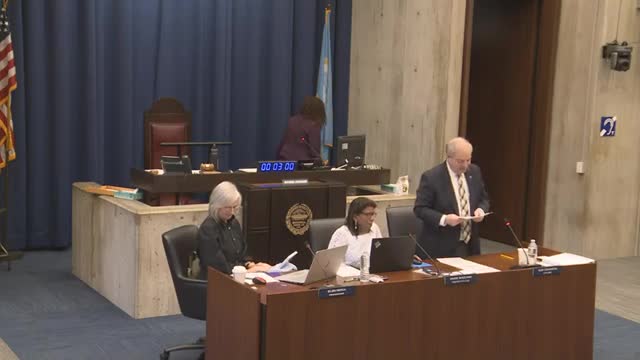Article not found
This article is no longer available. But don't worry—we've gathered other articles that discuss the same topic.
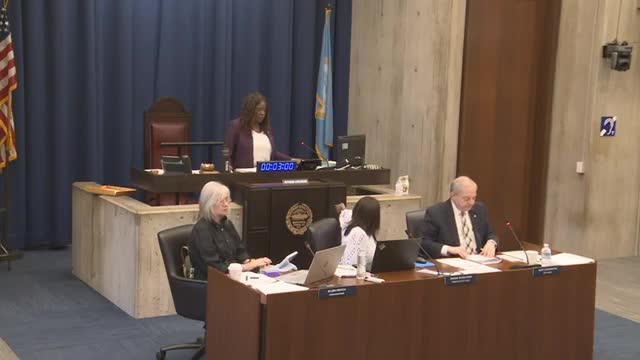
Council orders hearing on rising opioid overdose deaths among older Black residents
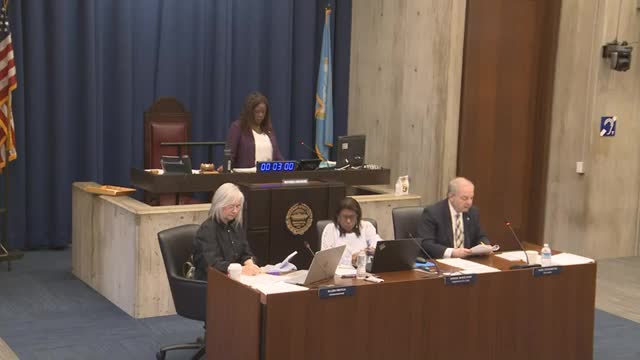
Council calls hearing on Mass. Ave. and Melnea Cass Boulevard public-safety and public-health concerns
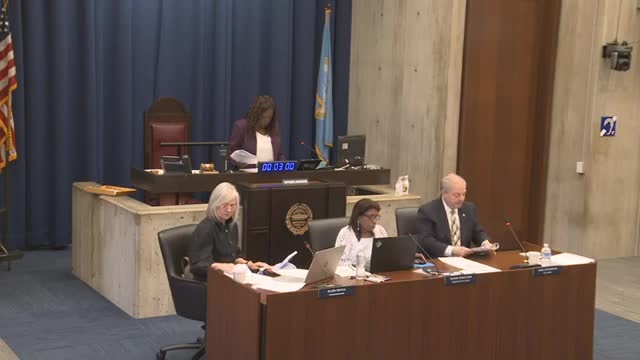
Council backs Home Rule petition to speed redevelopment at Faneuil Gardens and 290 North Beacon Street
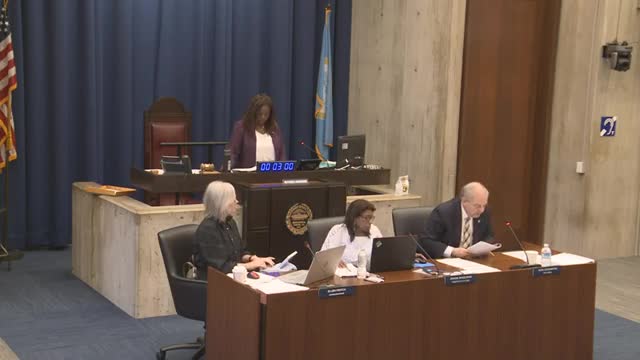
City Council codifies Office of Food Justice into city law
